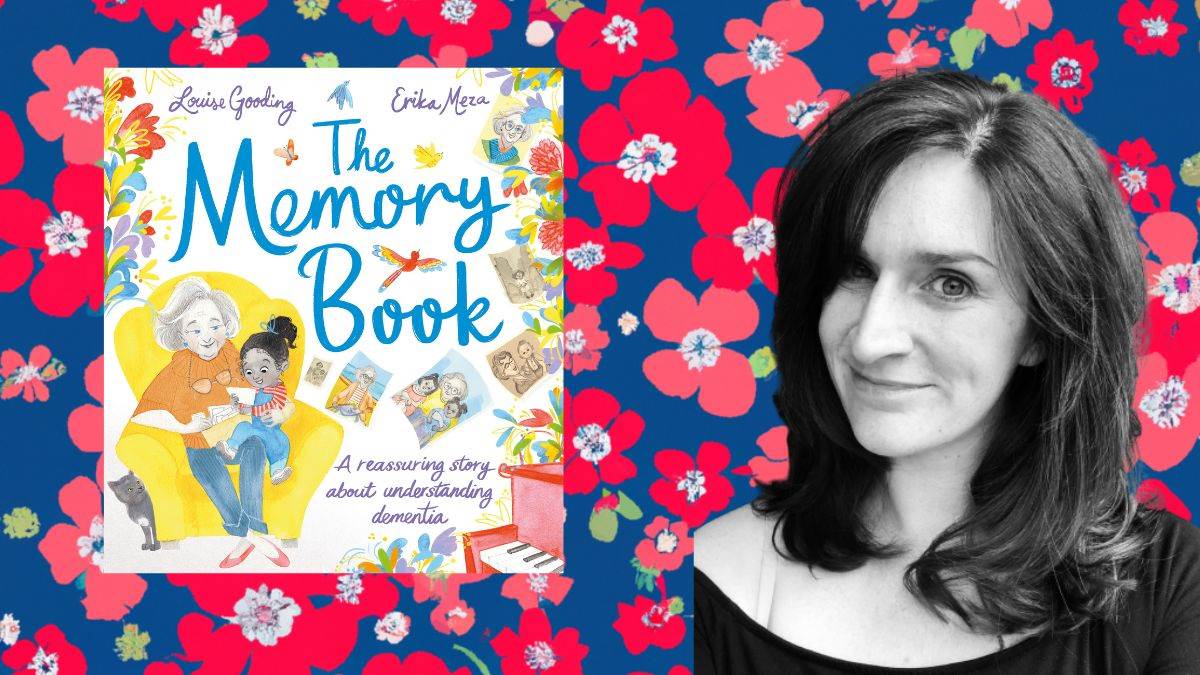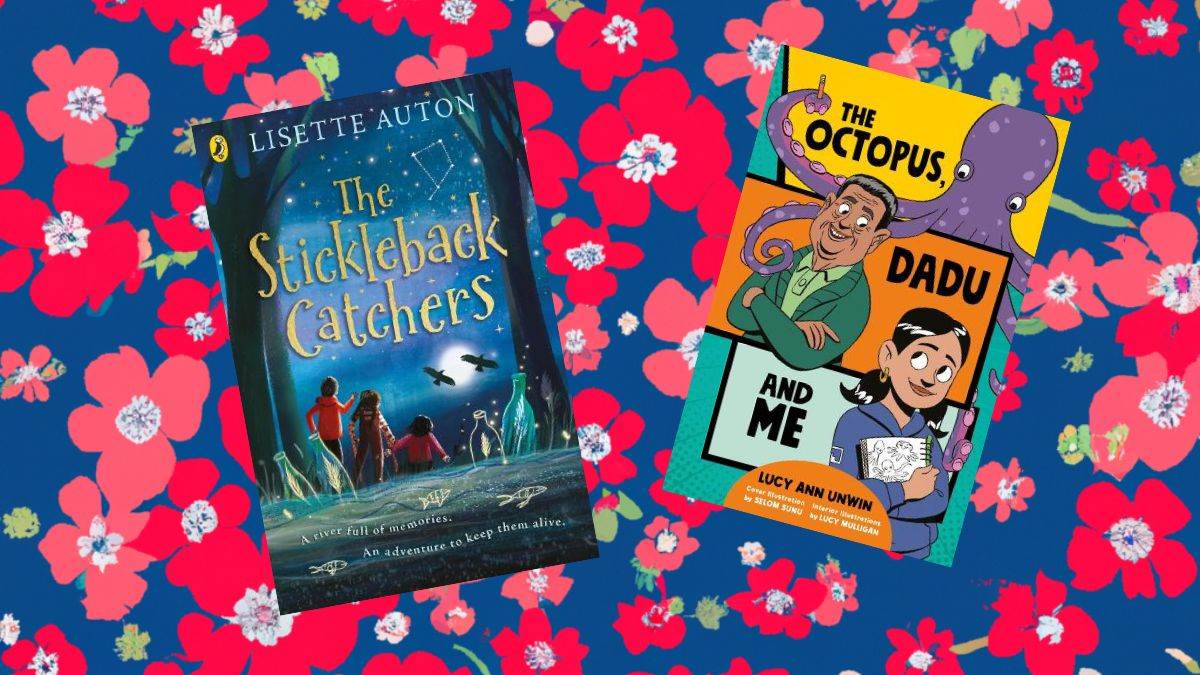Using books to talk to children about dementia
Published on: 11 October 2023
Author Louise Gooding shares how books can help with conversations about changes in loved ones.

When you first hear that someone you love has been diagnosed with dementia everything seems to slow down a little, and, for the adults in the life of the person affected it's difficult to really know what will lie ahead.
Dementia is a disease that usually presents a number of changes and challenges that may be unique to each individual diagnosed, just like any other neurodiverse diagnosis. As adults, we are offered multiple sources of guidance and help for whichever journey you find yourself supporting, for both you and your loved one.
But, when it comes to supporting children, who are witnessing all these changes and also aware they are very real, there seems to be limited resources. Where do you even begin? Because when you have someone in your life with dementia, it really is something that will touch everyone who is in close proximity to it, its affects and the changes it brings.
Reading books together can help initiate conversations with young children. Of course, there are books on dementia out there, if you know who to ask or where to look (speak to your local booksellers and librarians!) but often you may be looking for guidance on HOW to have these conversations and be looking for advice on how to reassure a young person that help is at hand. It’s still sometimes a challenge to find the right books to help navigate this topic as, when you look at the statistics, there are still a lot of dementia experiences and journeys that could be shared to offer a larger variety of voices and perspectives, as dementia can present itself in many different, unique ways.
When I wrote The Memory Book, I wanted to focus on the variety of emotions that young children can go through whilst being a part of this journey. From the continued joy and delight of creating new memories and experiences with that loved one, to maybe feeling scared, upset and unsure of behaviours that may be affecting their relationship with that person.
The Memory Book, illustrated by the incredible Erika Meza, focuses on the little things that can be done to help give a child agency to feel they are helping in situations where they may have previously felt unable to provide any support. To assure them that these changes are normal, that they bring both good days and bad days, that there are always people to reach out and ask for help from if they feel unsure, uneasy or have questions. The backmatter in the book hopes to help guide parents and carers on ways to engage with children witnessing these changes and in feeling safe and secure in navigating these new times.

If you are looking for something for slightly older readers, I can highly recommend picking up The Octopus, Dadu and Me by Lucy Ann Unwin. The story is told through 12-year-old Sashi’s perspective as she struggles to witness the decline in her Dadu’s health due to his dementia. Also, take a look at The Stickleback Catchers by Lisette Auton, which offers a thoughtful and empathetic story about a grandparent with dementia. This is a disability-inclusive, beautifully written book that offers a fresh and imaginative way of handling this topic.
My final message I hope to leave with readers of The Memory Book is that dementia is just a small part of someone's journey. There are memories you can still create on that journey, and many to cherish and look back on from before dementia was a part of your lives. Someone with dementia is still the person you love, they just are a little different now.
The Memory Book by Louise Gooding and illustrated by Erica Meza, is out now.
Topics: Features





